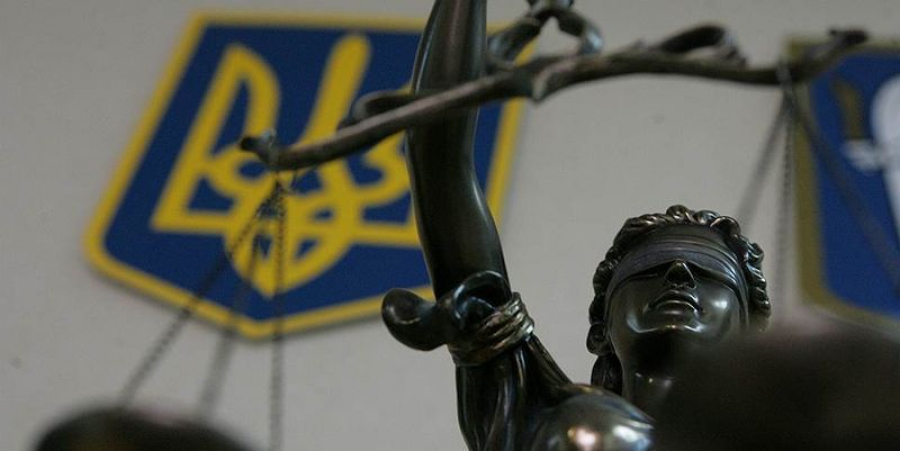I am Mariya Borevich, your personal lawyer. My primary goal is to help clients find optimal solutions to current legal issues, ensuring reliable protection of their interests. I specialize in family, civil, and military law, which allows me to effectively handle a variety of situations and cases. In family law, I provide support in resolving issues related to divorce, property division, establishing and challenging parental rights, alimony, and child custody. I understand that these matters are often emotionally complex, so I always strive to find the most delicate and fair solutions for all parties involved. In civil law, I assist in settling disputes related to contracts, property rights, compensation for damages, inheritance, and other issues concerning the protection of personal and property interests. Special attention is given to military law — supporting servicemen, protecting their rights and interests related to military service, social guarantees, and legal disputes. This area requires deep knowledge and understanding of the specifics of military service and the legislation regulating it.
The executive service is a state body that is responsible for implementing executive processes in resolving civil cases. The main function of the executive service is to ensure the execution of court decisions and other executive documents.
The main tasks of the executive service include:
Debt collection: The enforcement service takes actions to collect debts in cases where the debtor does not comply with the requirements of a court decision or other executive document.
Execution of court decisions: The enforcement service ensures the execution of court decisions related to the payment of sums of money, the performance of works or the provision of other services.
Execution of enforcement documents: In addition to court decisions, the enforcement service also enforces other enforcement documents, such as arbitration court decisions, dispute settlement agreements, etc.
Enforcement: Enforcement can take a variety of enforcement actions to enforce court orders, including seizure of property, garnishment of wages, seizure of bank accounts, and more.
Providing advice and information: The enforcement service can provide advice and information to the parties in the case regarding the execution of executive documents and procedures.
The enforcement service operates in accordance with the legislation of each country and is important for ensuring the execution of court decisions and protecting the rights of the parties in the court process.
Forcible collection of a debt by the enforcement service, enforcement proceedings for the collection of debt is a process where a creditor uses an enforcement document (for example, a court decision or other legal document) to obtain a debt from a debtor through the actions of the enforcement service. Here are the main stages of this process, the procedure for debt collection by the executive service:
Obtaining an executive document: The creditor must have an executive document confirming the debtor's debt to him.
Submission of the executive document to the executive body: The creditor submits the executive document to the relevant executive body (for example, the executive service).
Appraisal of the debtor's property: The enforcement agency can conduct an appraisal of the debtor's property to determine what property can be seized or sold to cover the debt.
Notification of the debtor: The executive body notifies the debtor of debt collection and gives him the opportunity to pay the debt voluntarily within a certain period.
Execution of enforcement actions: If the debtor does not pay the debt voluntarily, the enforcement body can take various enforcement actions to collect the debt, such as seizure of property, garnishment of wages or other enforcement measures.
Debt Collection: When the debt is paid or collected, the enforcement process ends.
Legal assistance in the case of forced collection of debt by the executive service may include the following aspects:
Advice and consultation: A lawyer can provide advice on the debt enforcement procedure, the rights and obligations of the debtor and the creditor, and help understand all aspects of the process.
Preparation of documents: A lawyer can assist in the preparation of necessary documents for the enforcement service, such as an application for the execution of a court decision, documents regarding the recovery of property, or other documents necessary for carrying out the procedure.
Representation and protection of interests in court: In the event of a debt enforcement dispute, a lawyer can represent the client's interests in court, protect his rights and interests, as well as negotiate with the other party to reach a compromise or agree on the terms of settlement of the dispute.
Mediation and Dispute Resolution: A lawyer can help arrange mediation or other forms of out-of-court dispute resolution to resolve the situation without going to court.
Providing answers to the requests of the executive service: The lawyer can provide answers to the requests of the executive service, help clarify the terms of execution of executive documents and ensure their execution.
Contact a qualified attorney experienced in civil law and debt collection for effective legal assistance in your particular situation.





























